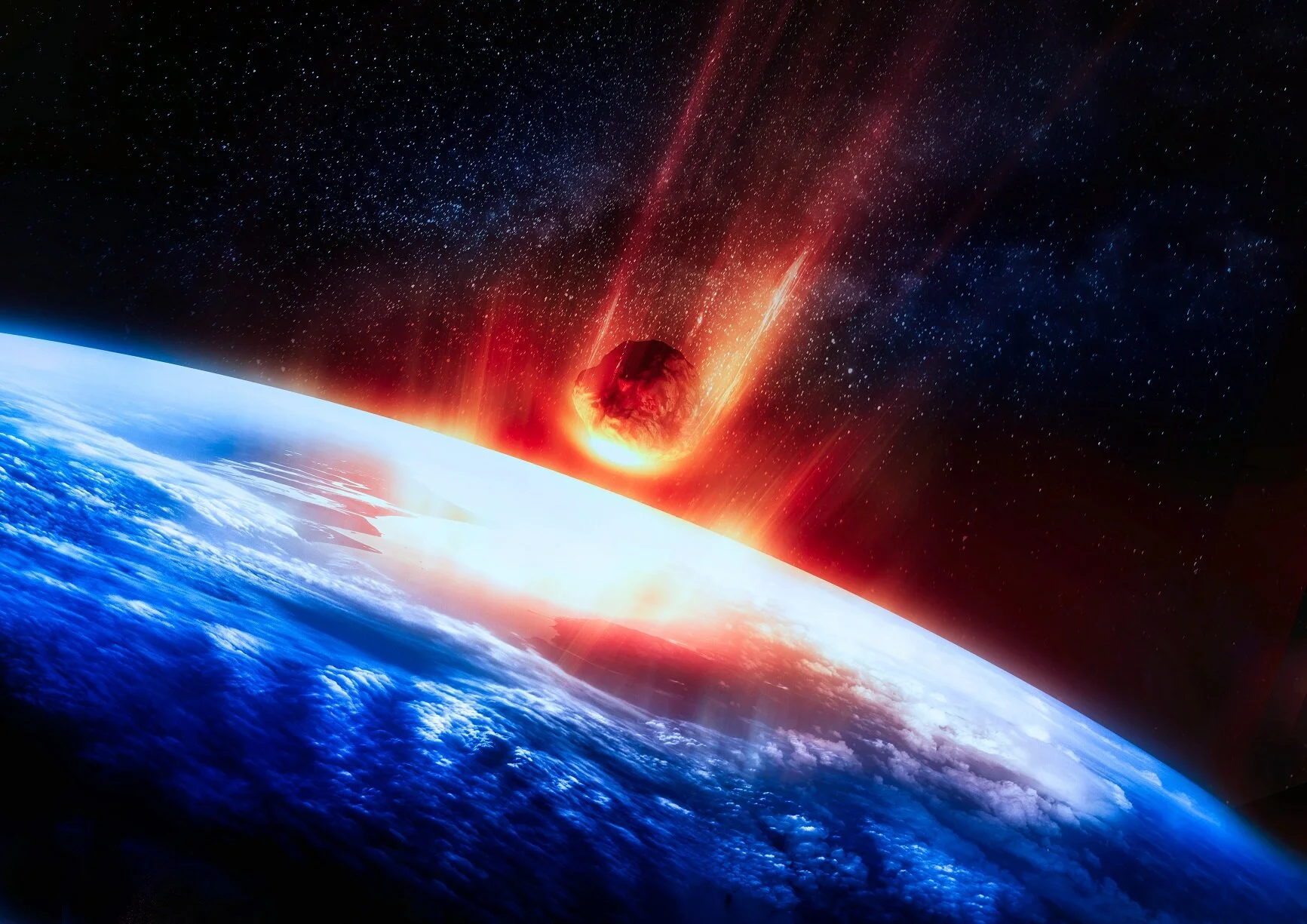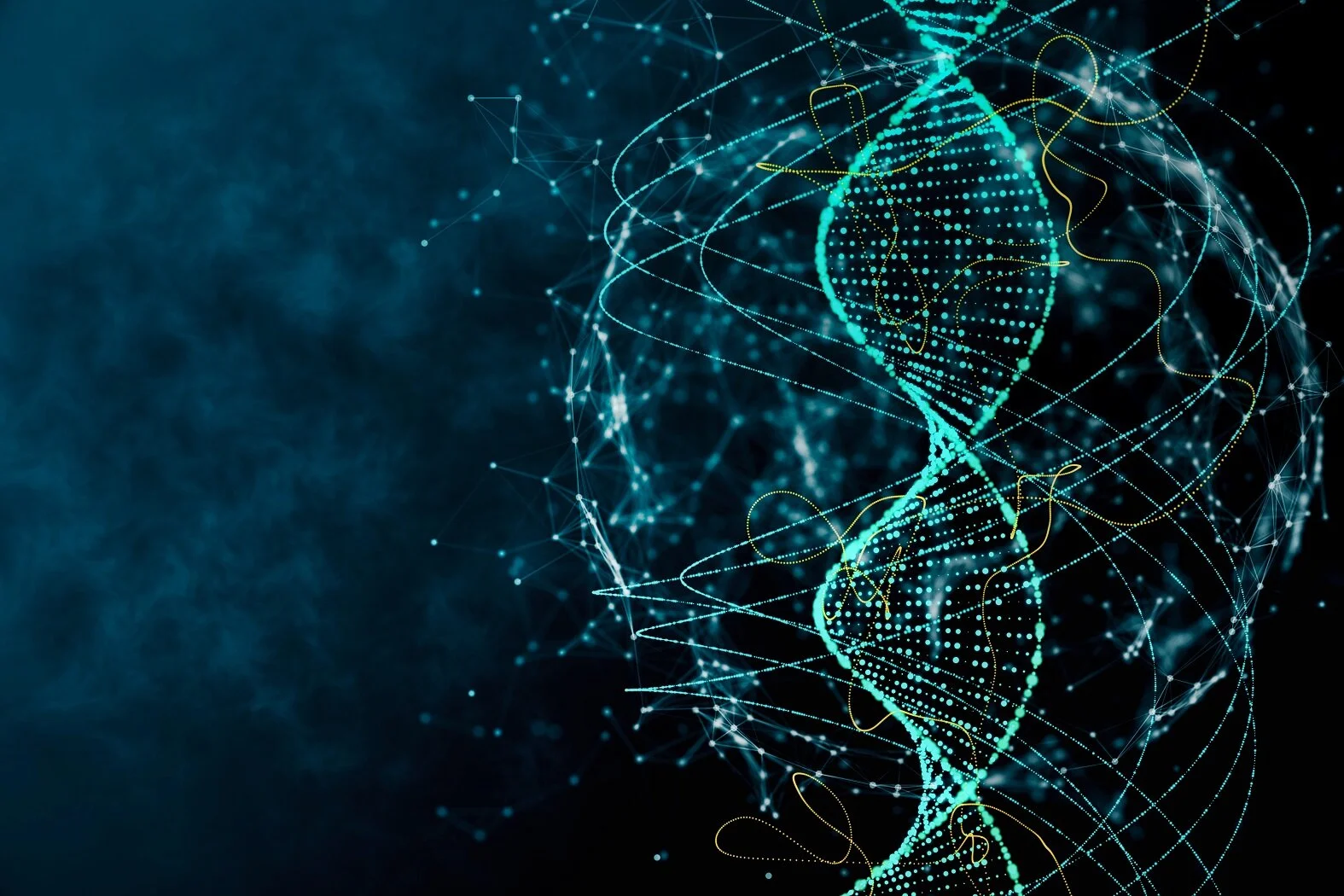In North America when the leaves start to fall and the days get shorter, many birds head south for warmer weather. Only a small number of species stick it out for the winter. If you’re out in the woods in a typical February, it’s a pretty quiet place.
Do vegetarians live longer? Probably, but not because they’re vegetarian
Don’t panic: the northern lights won’t be turning off anytime soon
The northern lights are nature’s very own magnificent light show. They are the mesmerising end result of electrically charged particles from the sun colliding with the Earth’s upper atmosphere. Though more frequently witnessed from the polar regions, the UK and other places on similar latitudes are lucky enough for the aurora borealis to occasionally grace their night sky.
‘Seeing’ music or ‘tasting’ numbers? Here’s what we can learn from people with synaesthesia
What is the weather like on Mars?
Mars is often referred to as “Earth’s Twin”, due to the similarities it has with our planet. They are both terrestrial planets, both have polar ice caps, and (at one time) both had viable atmospheres and liquid water on their surfaces. But beyond that, the two are quite different. And when it comes to their atmospheres and climates, Mars stands apart from Earth in some rather profound ways.
Why we can’t spin a silken yarn as strong as a spider can
Explainer: What is a planet?
Humanity’s understanding of what constitutes a planet has changed over time. Whereas our most notable magi and scholars once believed that the world was a flat disc (or ziggurat, or cube), they gradually learned that it was in fact spherical. And by the modern era, they came to understand that the Earth was merely one of several planets in the known Universe.
Are you getting enough vitamin B1 to help fend off Alzheimer’s?
Does the price of your shampoo affect how clean your hair is? Here’s the science
Six cosmic catastrophes that could wipe out life on Earth
What was the Carrington Event?
Some earth life is ready to live on Mars, right now
For some time, scientists have suspected that life may have existed on Mars in the deep past. Owing to the presence of a thicker atmosphere and liquid water on its surface, it is entirely possible that the simplest of organisms might have begun to evolve there. And for those looking to make Mars a home for humanity someday, it is hoped that these conditions (i.e favorable to life) could be recreated again someday.
Messier 32 - the 'Le Gentil' dwarf elliptical galaxy
During the 18th century, famed French astronomer Charles Messier noted the presence of several “nebulous objects” in the night sky. Having originally mistaken them for comets, he began compiling a list of them so that others would not make the same mistake he did. In time, this list (known as the Messier Catalog) would come to include 100 of the most fabulous objects in the night sky.
Are shorter, more intense workouts worth the extra sweat when trying to lose weight?
Everybody knows that to lose weight you need to eat less or exercise more – or ideally do both. The evidence supporting the benefits of regular exercise and eating less is overwhelming, but for people looking to lose weight, it remains unclear whether there are extra benefits to be gained from increasing the intensity of workouts.
How old is our moon?
Most scientists agree that the Earth has pretty much always had its moon. Details of the moon’s composition (in particular the “isotopic mixture” of heavier and lighter versions of various elements) are too similar to the Earth’s for it to have been captured from somewhere remote. However, some compositional details differ enough to rule out the idea that the moon is simply a chunk of the Earth that broke loose.
What is the International Space Station
After the historic Apollo Missions, which saw humans set foot on another celestial body for the first time in history, NASA and the Russian Space Agency (Roscosmos) began to shift their priorities away from pioneering space exploration and began to focus on developing long-term capabilities in space. In the ensuing decades (from the 1970s to 1990s), both agencies began to build and deploy space stations, each one bigger and more complex than the last.
Why are most people right handed? The answer may be in the mouths of our ancestors
Roughly 90% of humans are right-handed and this is one of the traits that separates us from most other primates who don’t really show any overall preference for left or right handedness. It’s believed that handedness played an important role in human evolution, with a recent study on the earliest evidence of right-handedness in the fossil record shedding light on when and why this trait arose. Interestingly, the clues were found not in our ancient hands, but in our ancient teeth.
A hidden code in our DNA explains how new pieces of genes are made
We’re all here because of mutations. Random changes in genes are what creates variety in a species, and this is what allows it to adapt to new environments and eventually evolve into completely new species. But most random mutations actually disrupt the functions of our genes and so are a common source of genetic diseases.
How the brain helps the body fight bacteria
The brain may not only control our thoughts and basic physical functions. Recent studies indicate that it also controls the way our body responds to the threat of bacterial infections. It does this by boosting the production of a protective molecule called PCTR1 that helps white blood cells kill the invading bacteria.















